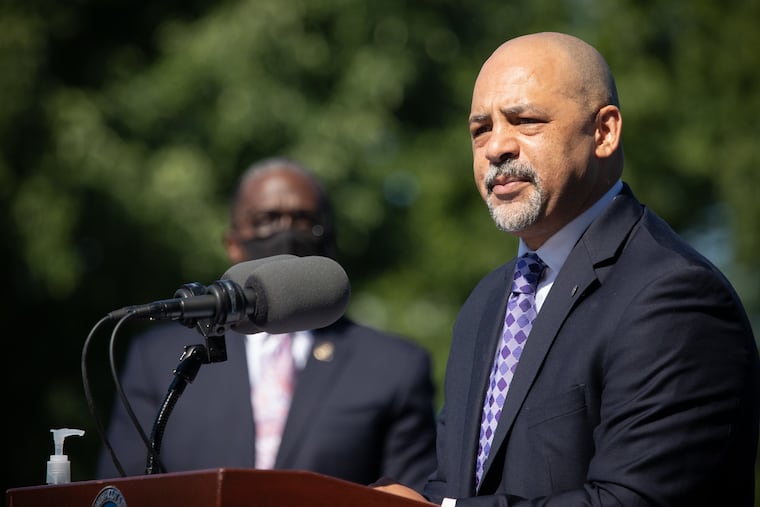Poland Implements Border Controls with Germany and Lithuania to Address Migration Issues

Poland has reintroduced temporary border checks at its crossings with Germany and Lithuania, prompted by an increase in undocumented migrants and growing public concern over security. Prime Minister Donald Tusk highlighted that this measure aims to manage migration routes more effectively, directing them away from Poland’s barriers along the Belarusian border and towards neighboring Latvia and Lithuania.
The Prime Minister contended that this adjustment is essential in addressing the persistent flow of migrants who are currently circumventing existing controls. The situation reflects a broader trend across Europe, where heightened migration pressures have led several Schengen Zone nations, including Germany, Belgium, and the Netherlands, to implement similar border checks. These measures have raised important discussions regarding the future of the European Union’s passport-free travel system.
Germany has been maintaining controls on its border with Poland since early 2023, adopting more stringent measures by rejecting undocumented arrivals and sending them back to Polish authorities under existing European Union regulations. Polish officials have expressed concerns that this practice imposes undue burdens on their nation.
Concerns regarding traffic disruption and trade interruptions have emerged in response to the reintroduced checks. Knut Abraham, Germany’s envoy for Polish relations, cautioned that the measures may not effectively mitigate migration flows. In a similar vein, local officials such as Rafal Gronicz, mayor of Zgorzelec, have noted that fears regarding a migrant crisis seem exaggerated, emphasizing the stability of the region.
Polish Interior Minister Tomasz Siemoniak stated that the reintroduction of checks will be reconsidered once Germany lifts its border controls, aiming for a collaborative resolution to migration issues without hindering the movement of individuals.
The situation in Poland has been further complicated by a recent violent incident involving a Venezuelan national charged with the murder of a young woman in Torun. This case has sparked significant public protest, with nationalist groups leading a march in her memory. Additionally, another violent encounter in the northern town of Nowe resulted in the fatal stabbing of a Polish individual, intensifying community tensions.
In light of these developments, far-right groups have begun patrolling Poland’s western frontier, asserting that they are protecting the country from a perceived influx of migrants. This vigilante activity has faced condemnation from human rights organizations, which argue such actions could exacerbate xenophobia and erode public trust in official institutions. The Helsinki Foundation for Human Rights underscored the need for discourse on migration to be informed by facts rather than fear, suggesting that a comprehensive approach is essential for addressing the complexities of migration.
As Europe grapples with these challenges, it remains crucial to balance security concerns with human rights considerations to foster a sustainable and harmonious environment.
#PoliticsNews #MiddleEastNews





